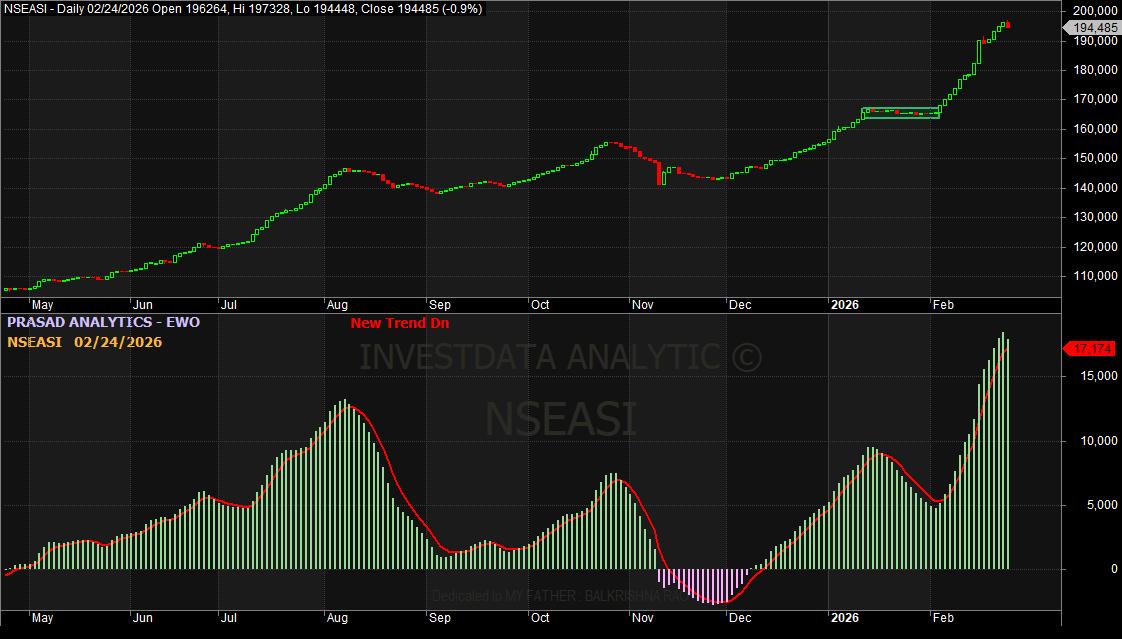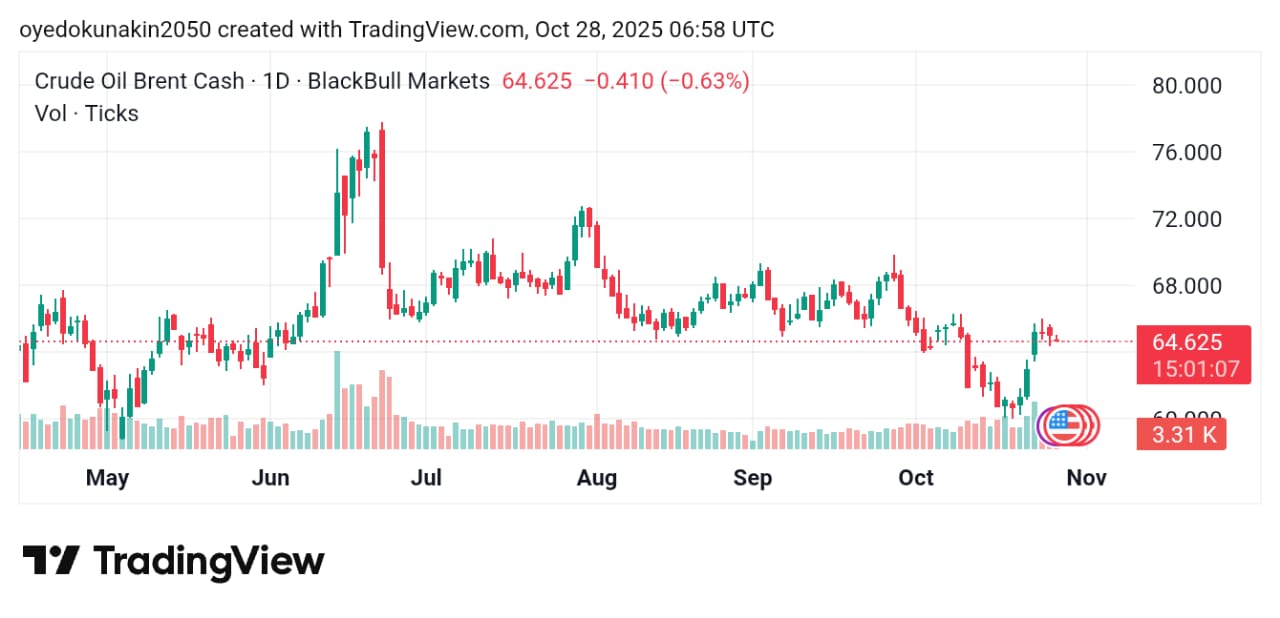
By Taiwo Adekeye, FMVA
Research Analyst
Oil prices steadied on Thursday as investors traded with caution as a result of declining crude demand due to economic slowdown in the U.S, suggesting that a cut in rate by federal reserve is imminent. Brent futures settled at $85.11 a barrel, surging by 3 cents, while U.S. West Texas Intermediate (WTI) crude declined by 3 cents to settle at $82.82 a barrel.
U.S. Equities In Major Sell-Off On Semiconductor Sector Slump, Trade Restrictions
The broader U.S. equity market saw a sell-off on Wednesday, dragging the Nasdaq and the S&P 500 down by 2.8% and 1.4%, respectively.
The sell-off was led by a sharp pullback in the semiconductor sector, which experienced a decline of 10%.Overall decline was buoyed by ASML, a chipmaker, provided a disappointing Q3 forecast, Former President Trump commented that Taiwan should compensate the US for its protection. However, Biden administration is contemplating stringent trade restrictions, such as the foreign-direct product rule, to limit business activities in China by firms like Tokyo Electron and ASML.
South African Reserve Bank Holds Rates As Committee Members Disagree
South Africa’s central bank kept its main interest rate unchanged for a seventh meeting in a row on Thursday, but for the first time since September the decision was not unanimous. The South African Reserve Bank’s Monetary Policy Committee was split, with four members preferring an unchanged stance and two favouring a 25-basis-point rate cut. Monetary policy has remained tight in Africa’s most industrialised economy as the South African Reserve Bank (SARB) tries to steer inflation back towards a 3%-6% target range.
Nigeria’s inflation Hit New 28-Year High In June
Nigeria’s rate of inflation rose to a new 28-year high of 34.19% in annual terms in June, marking the 19th straight month that inflation had risen in Africa’s most populous nation, up from 33.95% in May. Month-on-month, inflation in June was 2.31%, an increase of 0.17% points from May 2024’s rate of 2.14%. Food inflation rose to 40.87% from 40.66% the previous month. This figure came roughly a week before the central bank is due to announce another interest rate decision, which will be closely watched after a 600basis points hike this year.
…Minimum Wage Surged By Over 133%
The labour unions have agreed on a new minimum wage of 70,000 naira a month on Thursday after talks with the government, ending months of deadlock and the threat of strikes. The Nigerian Labour Congress (NLC) and the Trade Union Congress (TUC), have argued that soaring prices and a weakening currency as a result of policies by this regime were hitting workers hard, eroding incomes and has hurt millions of Nigerians who are struggling to meet their basic needs. However, the new wage surged from 30,000 to 70,000, increasing by over 133%. Additionally, the next minimum wage would be reviewed in three years instead of the customary five years.











